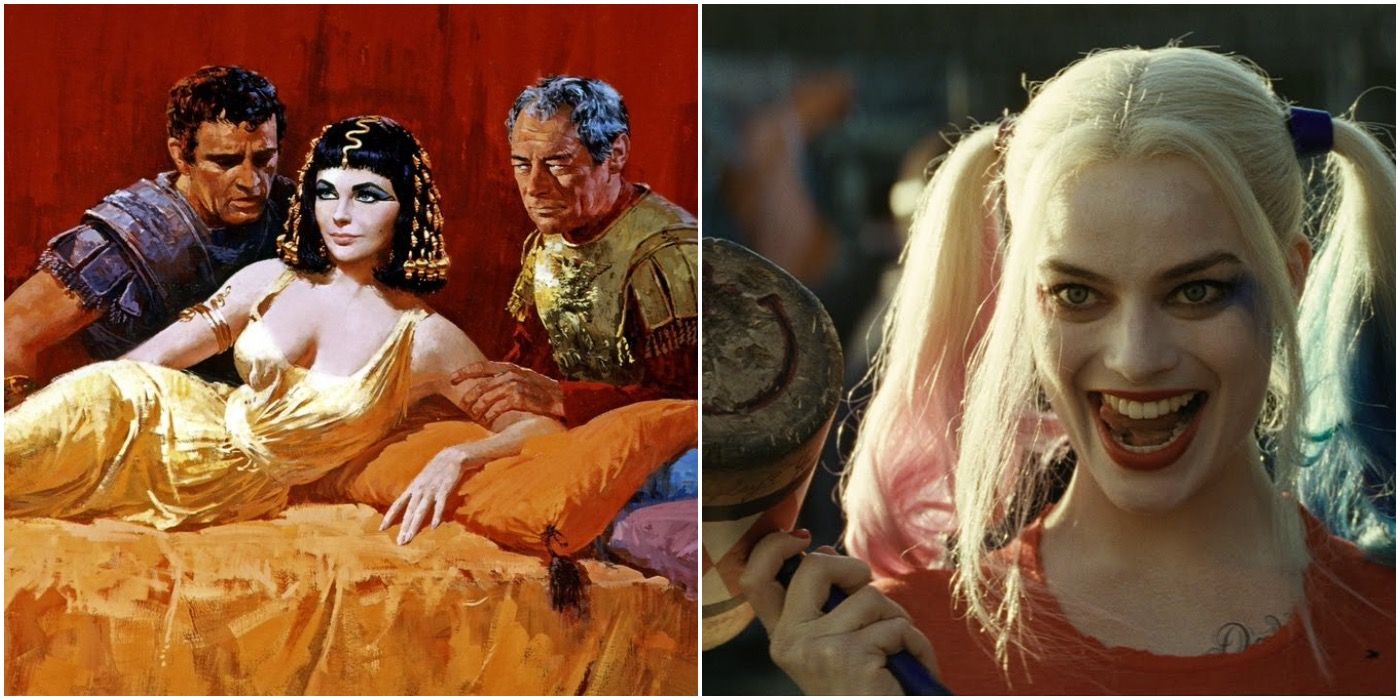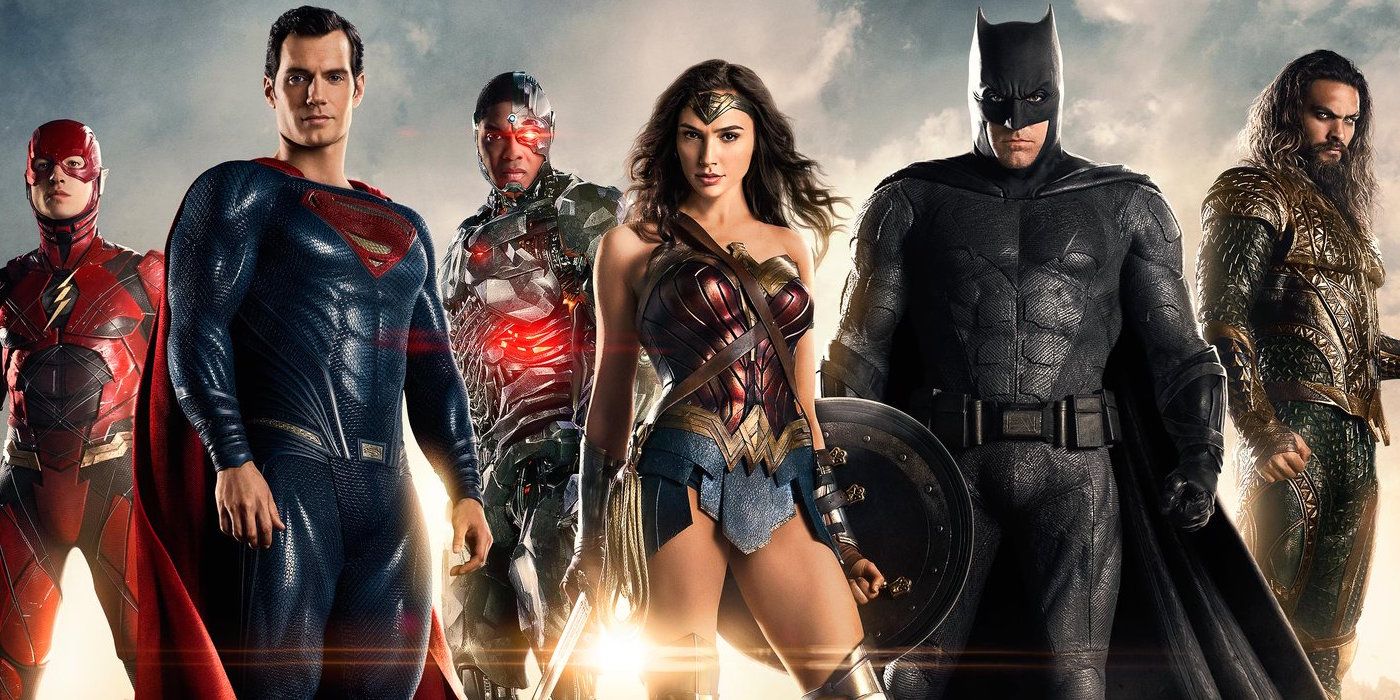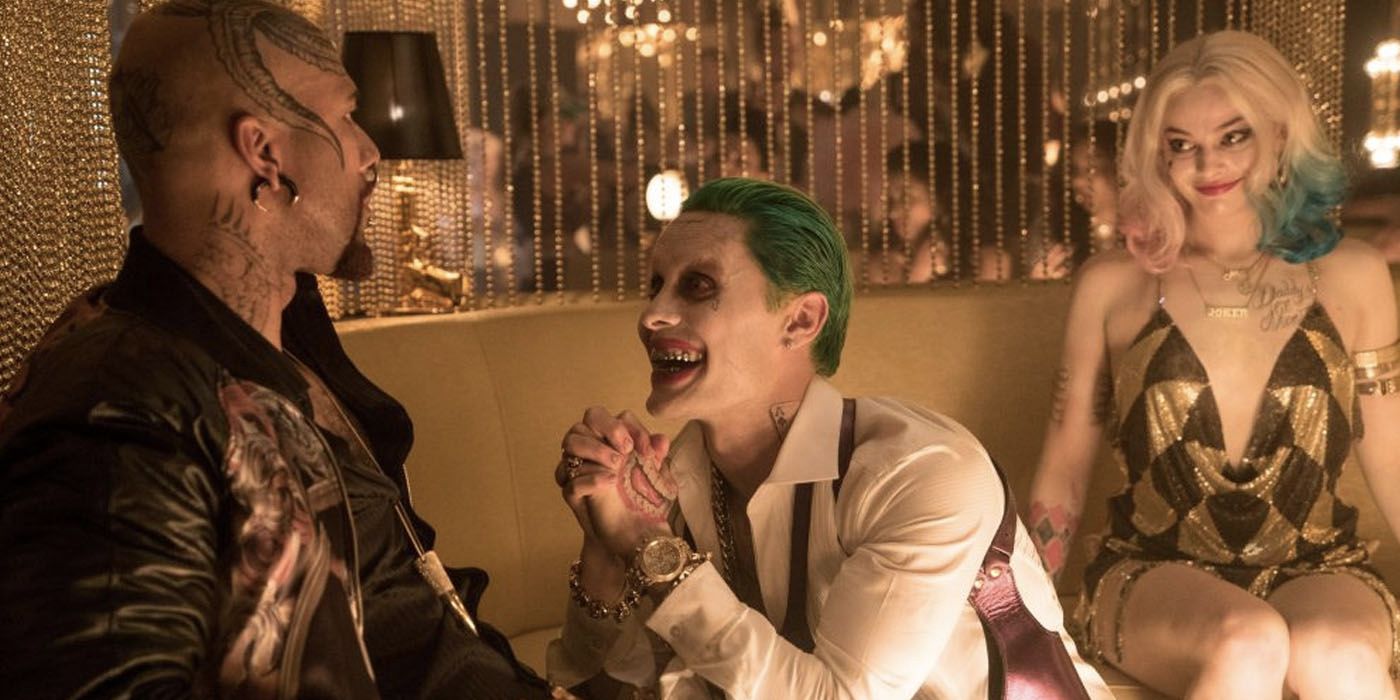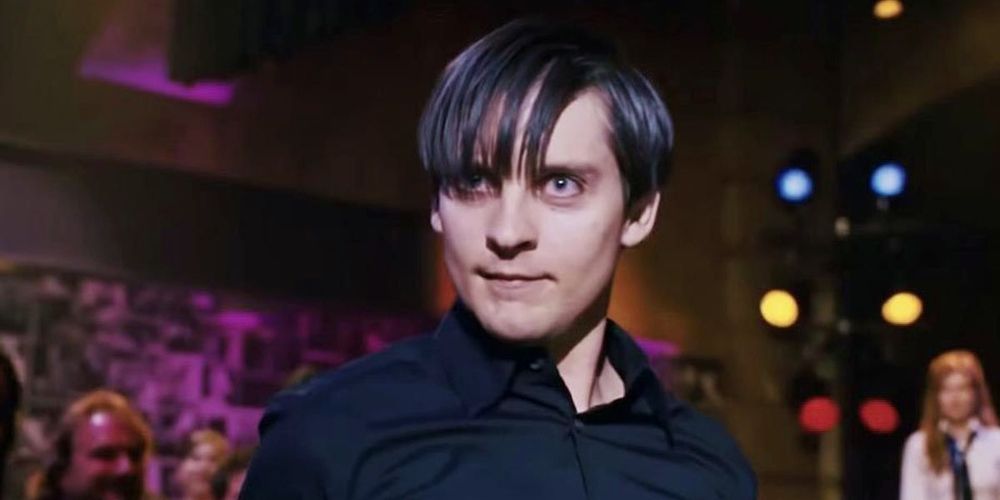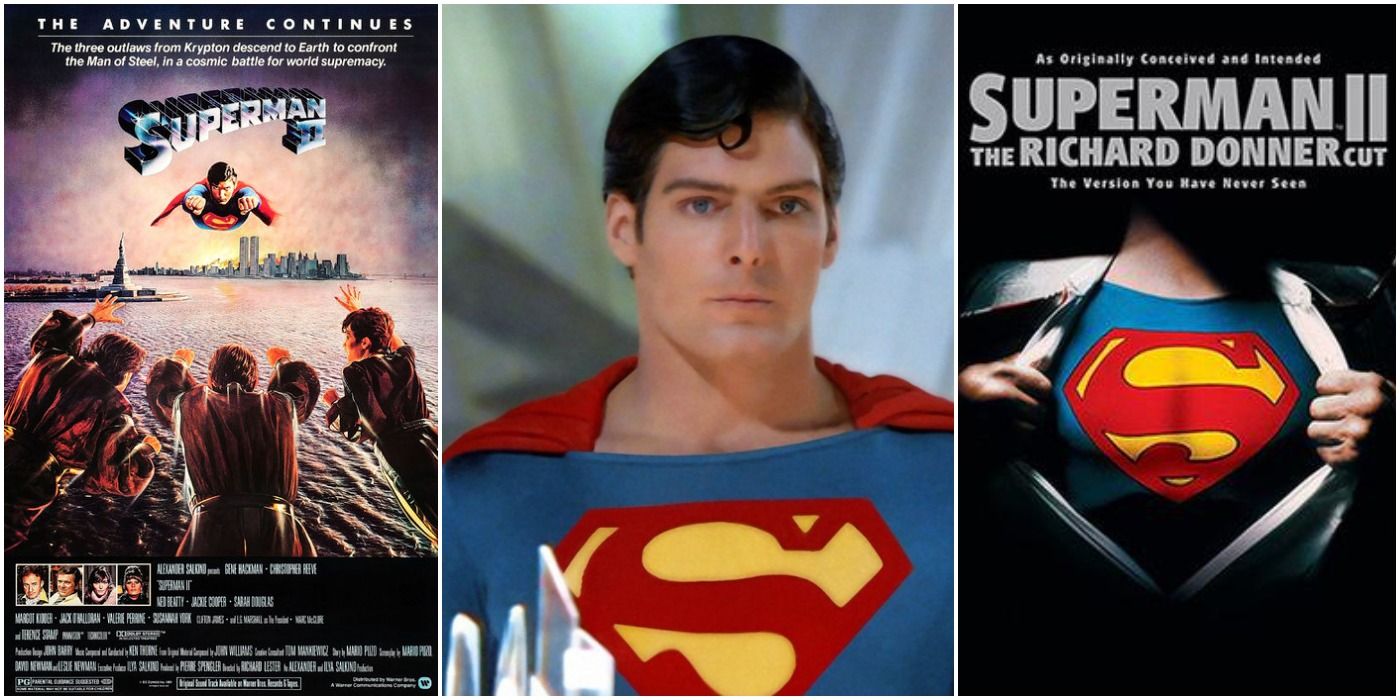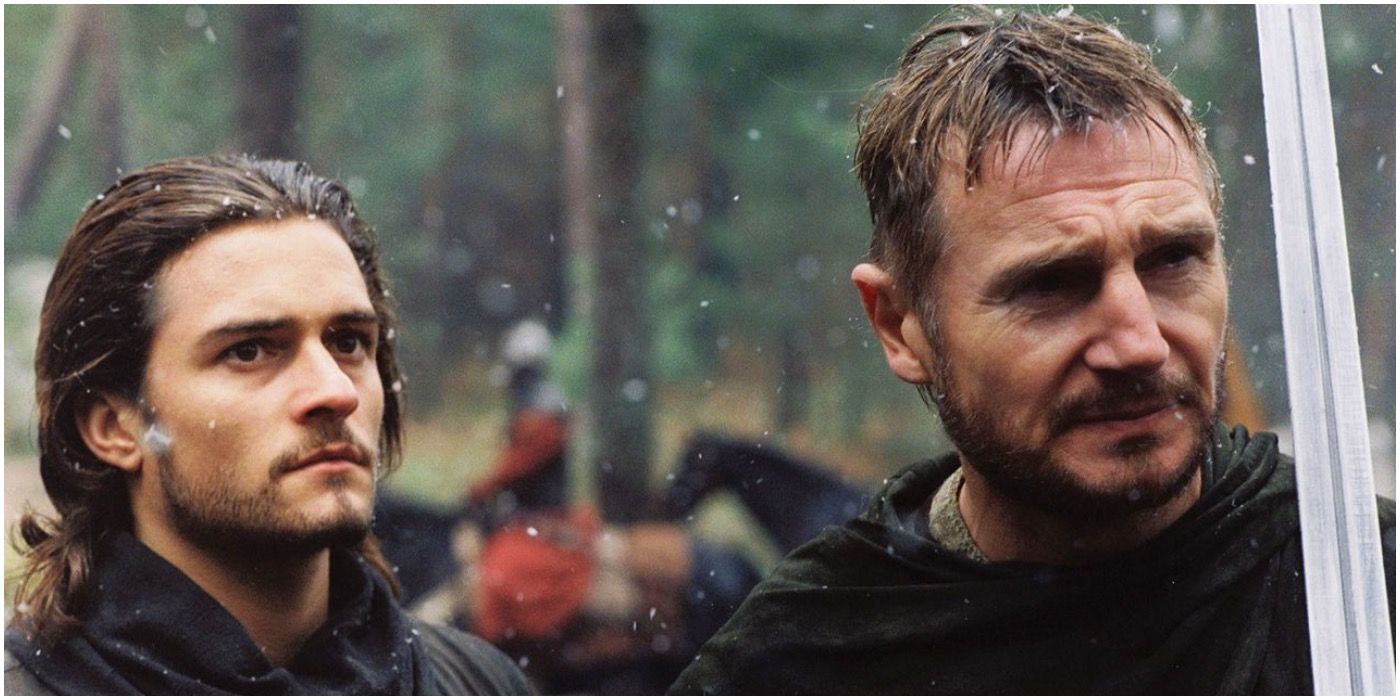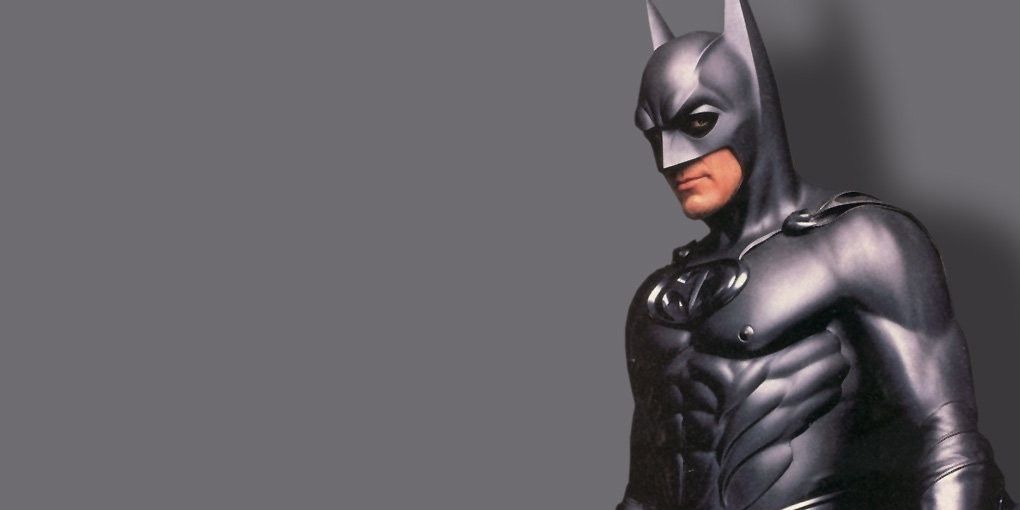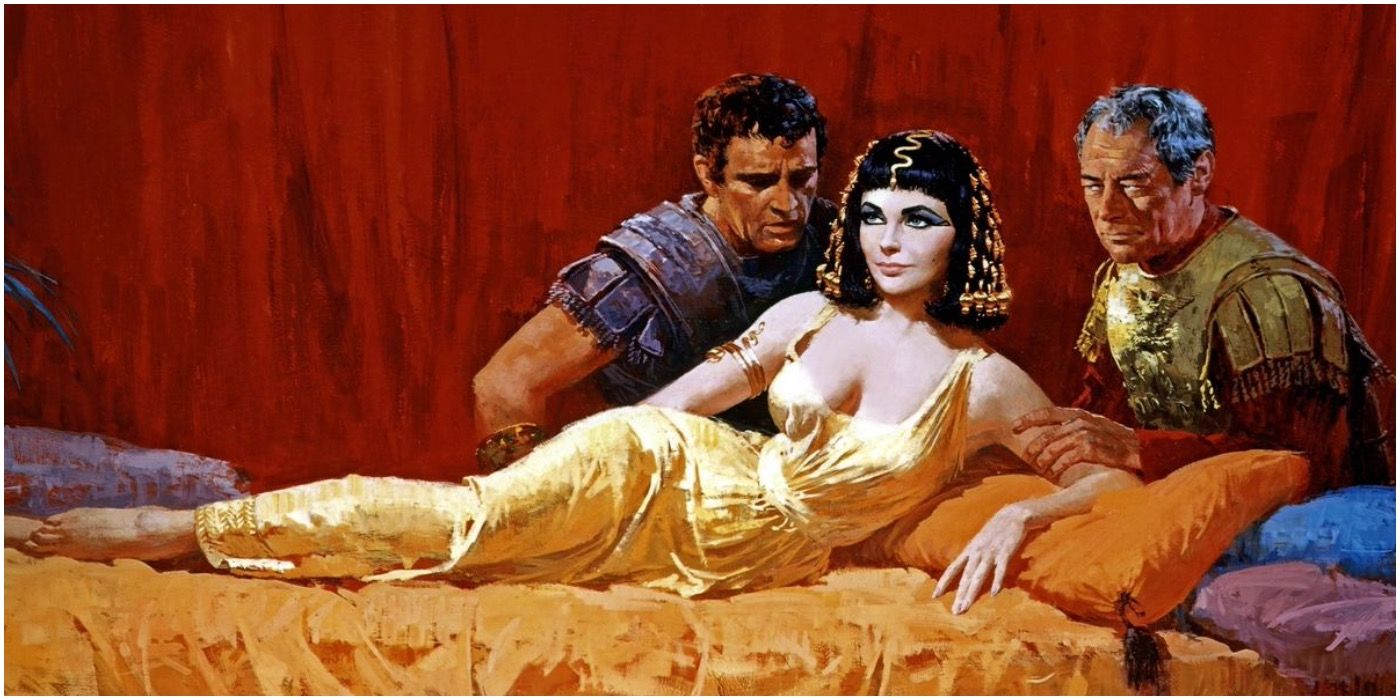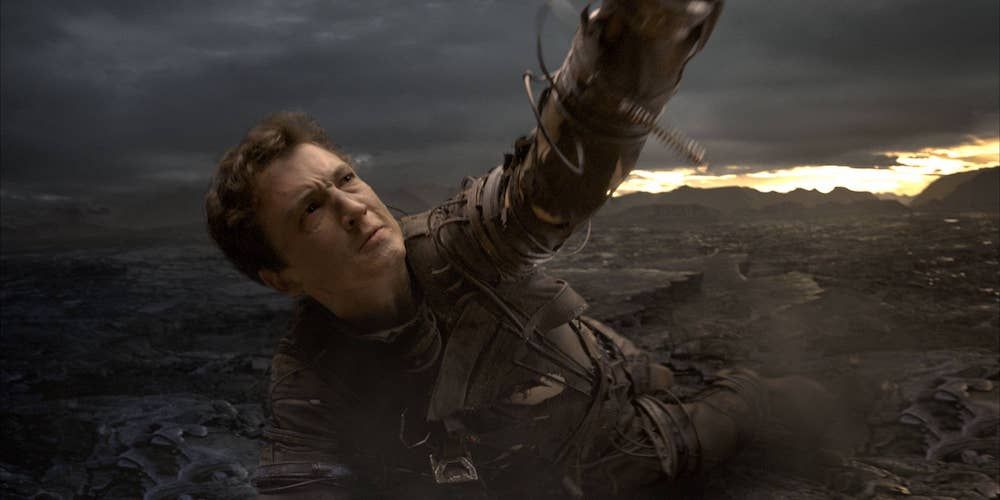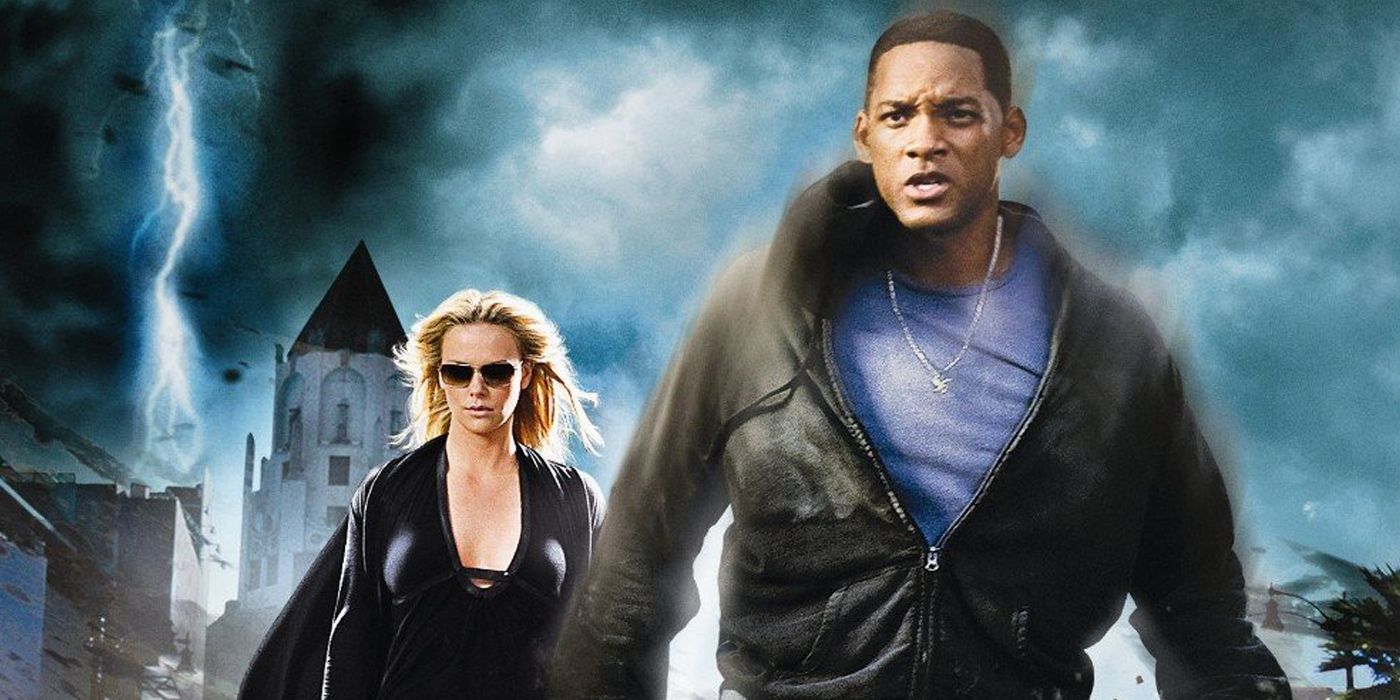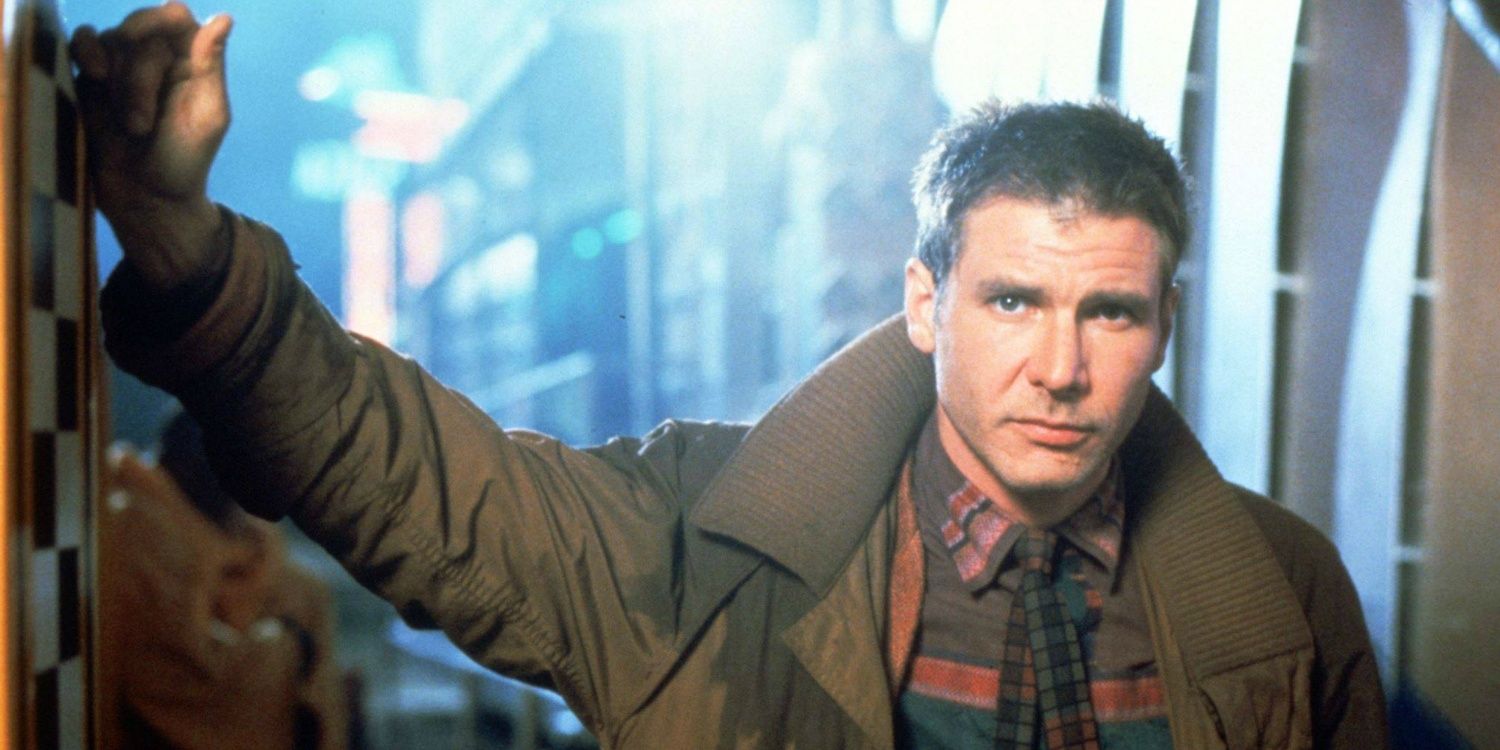Despite the fact that movies are an art form, a way for directors and writers to visualize their stories and have them seen by millions around the globe, movies are also a business. Studio execs will sometimes stop at nothing to ensure a film is as 'profitable' as they believe it should be, even if this means overruling the directors and producers.
They say that too many cooks spoil the broth and this can certainly be the case with movies. Studio interference has been around almost as long as the movie industry itself, with some films being butchered by interfering studio executives in the name of profitability.
10 Justice League Needed To Be Saved By Fans
As a result of the fan campaign to release the Snyder Cut, almost everyone knows about the studio interference that butchered the theatrical release of Justice League. After a personal tragedy forced Zack Snyder to leave production, Warner Bros. replaced Snyder with Joss Whedon.
While there are some clear ‘Whedonisms’ in the theatrical cut that don’t fit with the universe and characters Snyder built, much of the blame lies at the hands of Warner Bros. execs who compelled Whedon to carry out extensive reshoots and cut out vast swathes of character screen time.
9 David Ayer's Suicide Squad Was Butchered In The Edit Room
The mid-2010s weren’t a great time for DC Comics on the silver screen. Batman vs Superman, Justice League, and Suicide Squad were all met with average to terrible reviews among both critics and audiences. Suicide Squad in particular was hounded for being the worst of the bunch.
The director of the film, David Ayer, has recently come out and claimed that the studio butchered his movie in order to make it more like Guardians of the Galaxy, with reshoots and additional music being added, changing Ayer’s original vision of the movie.
8 Spider-Man 3 Wasn't The Ending Raimi Wanted
In many ways, the first two movies in Sam Raimi’s Spider-Man trilogy perfectly capture the essence of a comic book and transfer this beautifully to screen. Sure, they may be a bit campy when seen with modern eyes, but they still have an undeniable charm that isn’t always present in comic book movies today.
The third in the trilogy, however, was a complete departure. Sam Raimi has been clear that he was forced to include Venom, much to the detriment of the movie and the Raimi trilogy in general.
7 Superman II's Theatrical Cut Was A Mismatch Of Directorial Styles
Christopher Reeve’s Superman is one of the most iconic superhero movies of all time. In addition to Christopher Reeve’s legendary portrayal of the Man of Steel, the John Williams score continues to echo throughout the decades as the definitive Superman theme.
Richard Donner filmed both Superman and Superman II back to back, with the plan to release the sequel the year following the original. However, almost immediately after the release of the first film, Donner was sacked and Richard Lester was brought onto replace Donner. As a result, the theatrical cut of Superman II was a mismatch of styles that didn’t work on any level.
6 It Was Far From Heaven For Ridley Scott On Kingdom Of Heaven
Fresh of the success of Gladiator, director Ridley Scott started work on his next historical epic, a film focusing on the Crusades. However, unlike Gladiator, Kingdom of Heaven was met with average to poor reviews by critics and audiences.
That being said, the reason for the poor reception was undoubtedly the decision of the studio to cut out 45 minutes from Ridley Scott’s initial film. This can be seen by the fact that the director’s cut is almost a completely different film that has received widespread acclaim from critics.
5 Batman & Robin Killed Off The Batman Franchise
Tim Burton truly kickstarted the modern blockbuster with his 1989 film, Batman. Due to the overwhelming success of this film, Burton was brought back to direct Batman Returns, but as a result of the dark nature of the film, Burton wasn’t brought back for the sequel. Instead, the studio opted to bring in Joel Schumacher to make the series more family-friendly.
This direction from the studio, particularly in Batman and Robin, killed off the Batman franchise at the time, resulting in no Batman movies until Christopher Nolan released his Batman origin movie in 2005.
4 Cleopatra Was An Iconic Behind-The-Scenes Mess
Starring two legends of the silver screen in Elizabeth Taylor and Richard Burton, Cleopatra was a smash hit upon its release and the most expensive movie of its time. However, while the film was a box office success, the production was rife with studio interference and behind-the-scenes drama; as a result, the film didn't earn its money back upon release.
The studio cut half of the runtime from the initial cut and constantly hired and fired new production staff and directors, ramping up the cost of the film.
3 Fantastic Four Wasn't As Fantastic As Promised
The Fantastic Four have surprisingly struggled to receive a competent movie adaptation. Some fans thought that Josh Trank's Fantastic Four would be the iconic Marvel team's time to shine, with trailers promising an action-packed couple hours of comic book escapism.
However, this wasn't to be. According to Trank, studio execs didn't like his version of the film and reshot several scenes, and even changed the ending of the film without his permission. The result was a critical and commercial failure for the movie.
2 Hancock's Tone Was Dramatically Changed By Studio Execs
Despite average to poor reviews, Hancock was a big box office hit upon its release, with the Will Smith-helmed superhero movie one of the highest-grossing movies of 2008. Its comedic tone wasn't always the intention of the filmmaking.
Originally, the filmmakers were pressing for a darker movie, taking inspiration from the Superman mythos but grounding the character in a more realistic and personal narrative.
1 Blade Runner's Ending Was Changed To Avoid Ambiguity
Ridley Scott's second appearance on this list, the British filmmaker ran into trouble with studio execs with his theatrical cut of Blade Runner. Famously, the studio didn't like the original ambiguous ending and pressed for the ending to see Deckard and Rachael traveling together.
Fortunately, Blade Runner received several different cuts and releases over the years, allowing fans to see Ridley Scott's original vision and ending.

